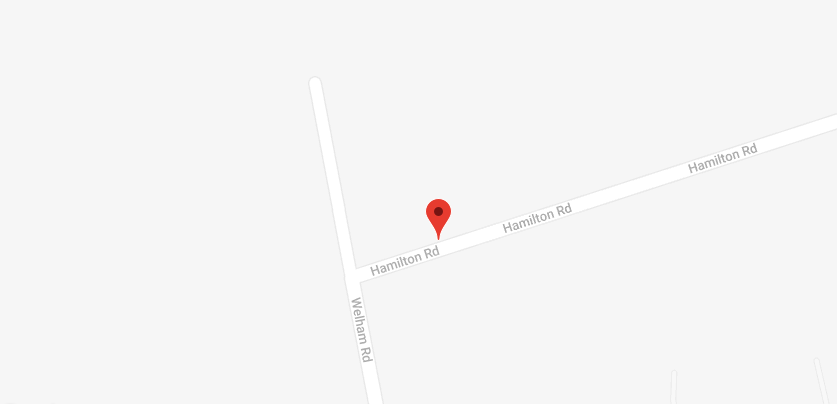What to Do When the Washing Machine Overflows
 As time goes by, washing machines may experience malfunctions that can lead to an overflow. If that happens, the power to the washer should be carefully turned off, non-fixed items must be removed from the flooded area, then the floodwater should be extracted. If the water has penetrated the floor, walls or other rooms, a restoration company must be contacted. Then, the washing machine should be repaired to prevent future overflows.
As time goes by, washing machines may experience malfunctions that can lead to an overflow. If that happens, the power to the washer should be carefully turned off, non-fixed items must be removed from the flooded area, then the floodwater should be extracted. If the water has penetrated the floor, walls or other rooms, a restoration company must be contacted. Then, the washing machine should be repaired to prevent future overflows.
What should homeowners do when an overflow occurs?
- Switch off the power supply to the washer at the circuit breaker or fuse box. Avoid pressing the “Cancel” button on the washer’s control panel since this can worsen the overflow by activating the drain cycle. Caution must be taken when walking on the sudsy flooded floor.
- Remove items such as carpet and furniture from the flooded area and dry them as quickly as possible. Since water coming from the washing machine doesn’t contain many contaminants, the water damaged carpet and furniture can usually be salvaged.
- Remove the floodwater and dry the room with fans and dehumidifiers. If the amount of floodwater is large or if it penetrated materials prone to water damage (concrete or wood flooring, walls, furniture), hiring a flood restoration company is highly recommended. The floodwater needs to be extracted immediately and the area dried before mould develops and further damages occur.
- Remove the clothes from the washer and wring them out over a sink in the kitchen or laundry room. Removing the standing water from the washer helps with drainage problems.
- Check the washer hoses for damage by pulling the washer away from the wall and looking for drippings or leaks on the hoses. If there are damages to hoses, they will need replacement. If not, they should be secured.
- If there was a problem with the hoses and it got fixed, a test wash (with no laundry) should be done to check that the machine works well. If there still are performance issues, a warranty claim should be filed, provided that the warranty hasn’t expired. Alternatively, a technician can be hired to inspect the washing machine.
Tips to prevent future overflows:
- Over-stuffing the washing machine with laundry must be avoided. Clothes should be distributed evenly and loosely inside the machine.
- Water supply hoses have to be checked periodically and the old ones should be replaced with newer types that are made of flexible plastic tubing encased in a stainless steel braided exterior.
- A water alarm near the washing machine can be installed to notify the owner of leaks. In addition, an automatic washing machine shutoff valve can help prevent flooding due to broken hoses, leaky valves or other malfunctions.
- The right type and amount of detergent for the washing machine must be used in order to avoid suds and bubbles that can cause the washer to overflow.
Whenever the help of a professional flood restoration company is required after experiencing any type of flooding in a home, contact the PuroClean team, available 24/7.
Follow us on Twitter, Facebook, Google+ and LinkedIn to get our notifications!


